US Rep. Harriet Hageman, R-Wyo., told constituents at an August town hall in Dubois that the sweeping One Big Beautiful Bill Act (OBBBA) won’t significantly alter Medicaid in Wyoming — especially the new work rules.
Those requirements, she said, apply only to “able-bodied adults with no dependent children,” a group Wyoming never covered because the state did not expand Medicaid under the Affordable Care Act.
“We are one of 10 states that never expanded Medicaid,” Hageman said. “So recipients here don’t face new work requirements. Those kick in only in the 40 expansion states.”
State Rep. Lloyd Larsen, R-Lander, backed her up. The work-component confusion pops up a lot, he said, but Wyoming is “the least-impacted state on Medicaid… we’re not going to see much change.”
Instead, both pointed to fresh federal money potentially headed this way through the OBBBA’s Rural Health Transformation (RHT) Program — $50 billion over five fiscal years (2026–2030) for approved states to improve rural care. Half of the funds would be split evenly among participating states; the rest would be awarded based on factors like rural population and the status of local facilities.
“Being able to get a portion of that $50 billion… will hopefully really help our medical situation right here in Wyoming,” Hageman said.
Larsen called the infusion “very helpful.”
Northern Arapaho Tribal member Avilia (Rae) Friday pressed Hageman on two home-front issues: the proposed Pilot Butte Conveyance Act and the Uranium Mill Tailings Remedial Action (UMTRA) site south of Riverton.
Friday said Tribal leaders felt cut out of early talks on the Pilot Butte bill. Hageman, who sponsored the House version, said she’s spoken with Tribal officials “on a couple of different occasions,” explaining that the Midvale Irrigation District had asked Congress to transfer the power plant to the district to prevent it from being mothballed. She acknowledged the Tribes’ concerns and urged Midvale and Tribal governments to work together on the infrastructure’s future.
On UMTRA, Hageman offered to follow up, noting potential help via the reauthorized Radiation Exposure Compensation Act folded into the OBBBA.
“Get a hold of my office and let’s see… if there are services or particular types of medical care that are available,” she said.
When Friday flagged cuts at local Indian clinics, Hageman criticized federal management of Indian Health Service and said she’s been working with Tribal leadership on those issues.
Before taking questions, Hageman spent about half an hour outlining recent work and plans in Washington, touching on rescissions, appropriations, PILT (Payment in Lieu of Taxes), grizzly delisting, and federal funding for local projects. Audience questions spanned forest management, VA benefits, Social Security, public broadcasting, public lands, tariffs, immigration, online trading fraud, and wildlife crossings. Roughly 60 Fremont County residents attended at the National Museum of Military Vehicles in Dubois, with eight police officers present.
For more on Hageman’s congressional work, residents can check her website or sign up for the weekly newsletter, and contact her office with casework or policy concerns.
The original story by Katie Roenigk for County 10.
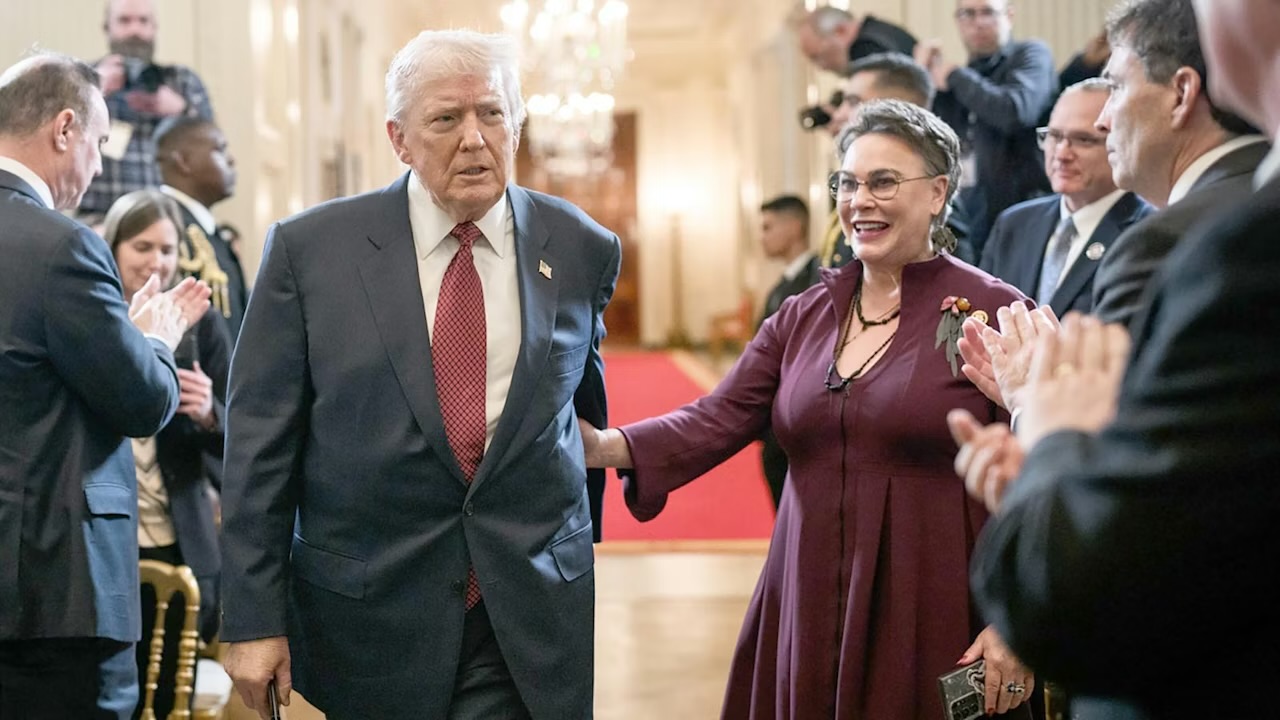
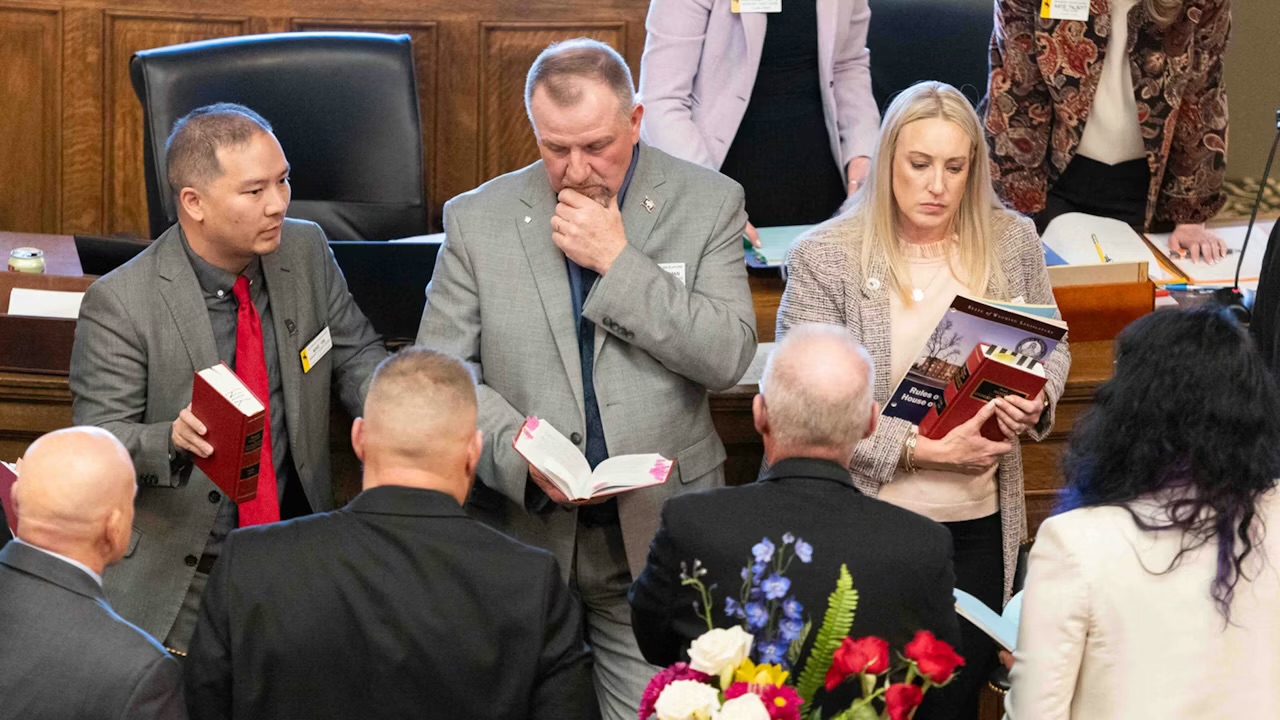
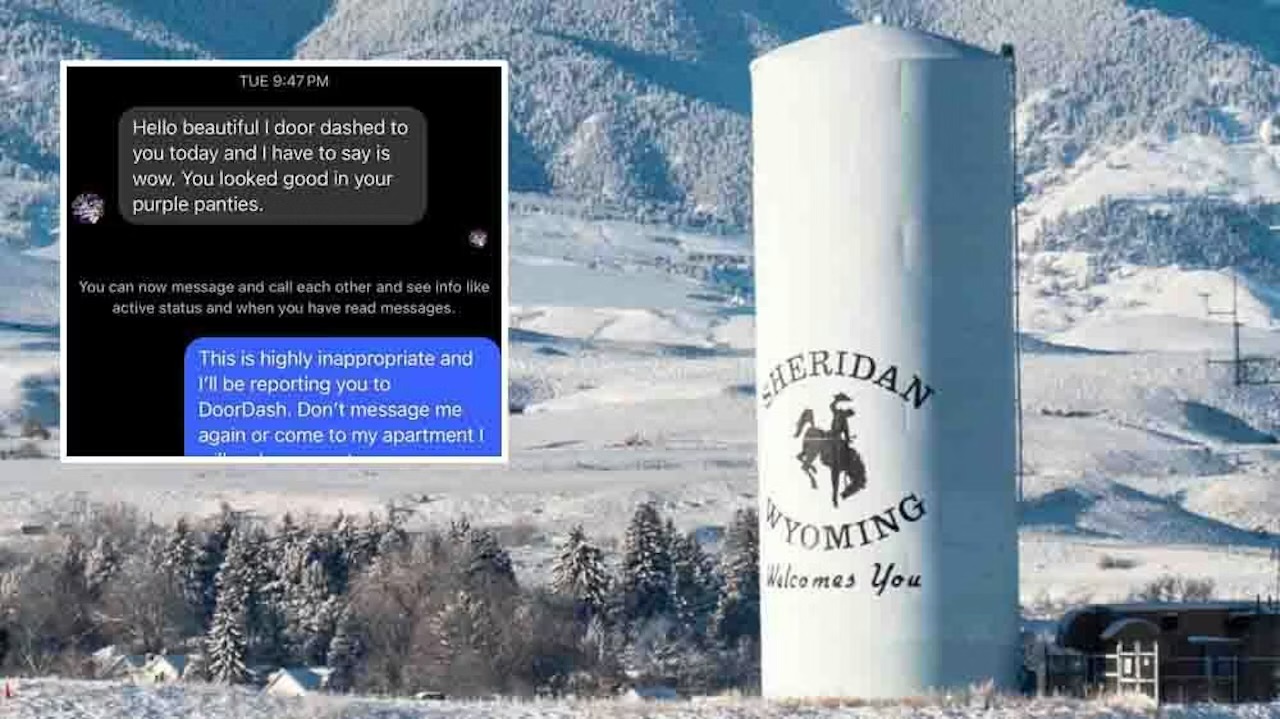
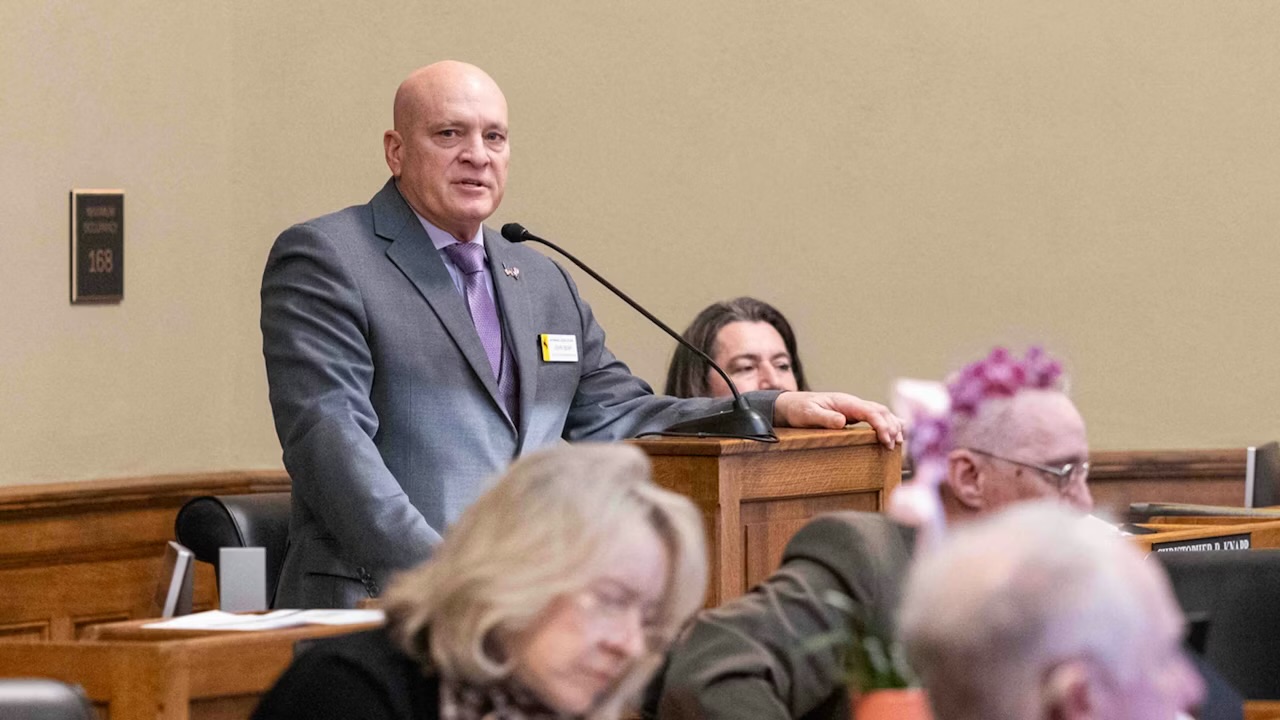
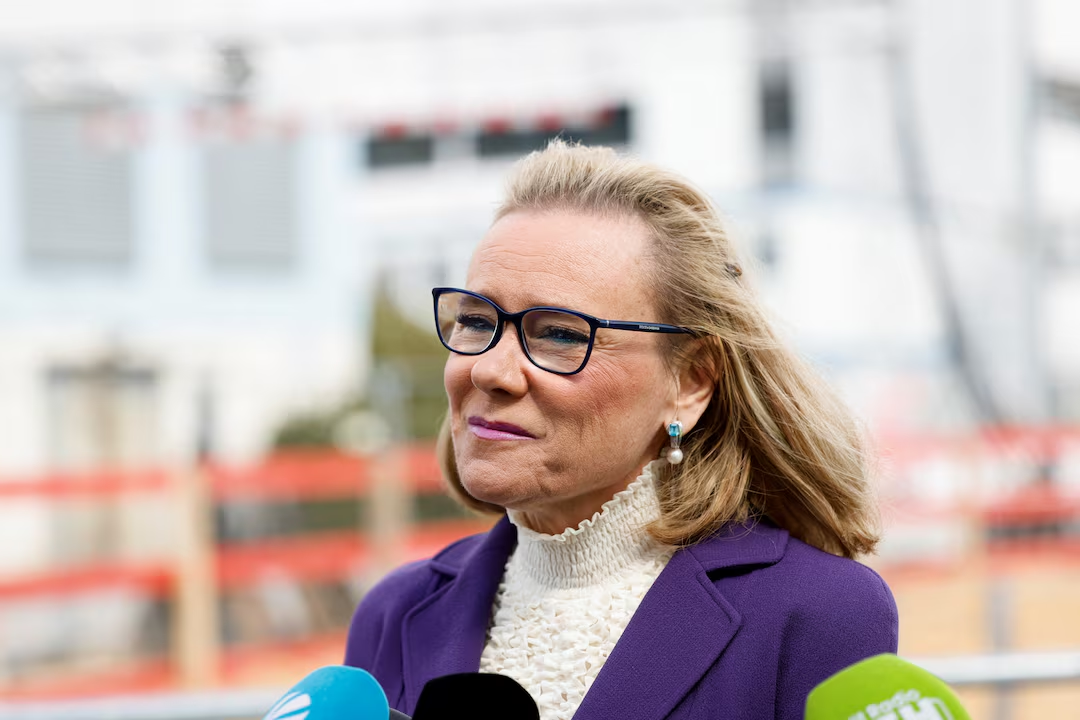




The latest news in your social feeds
Subscribe to our social media platforms to stay tuned